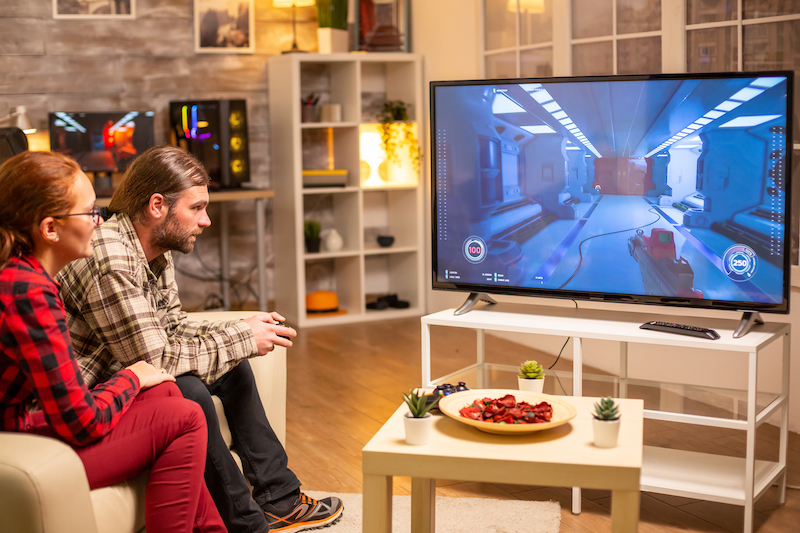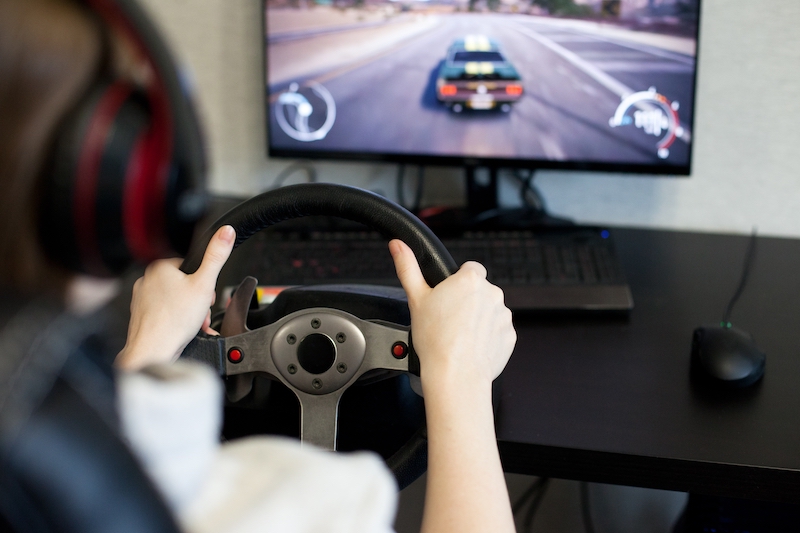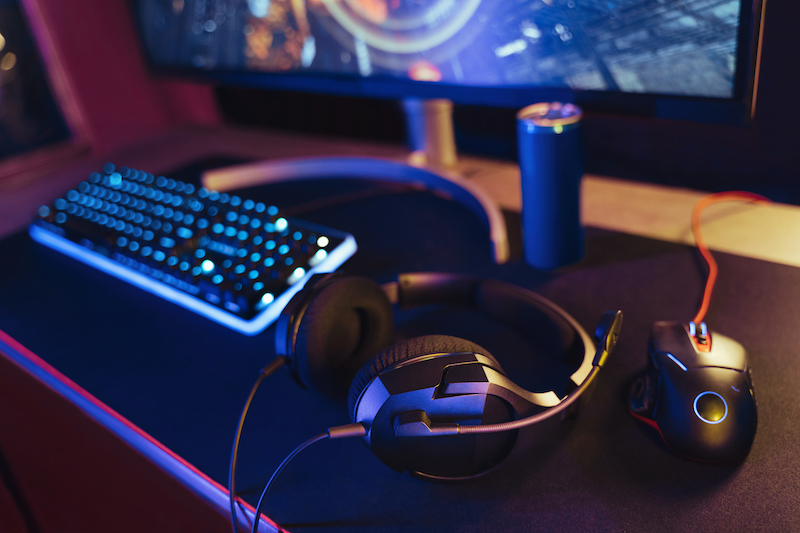
6 October
Can I use my tv as a gaming monitor?
In today's versatile technological landscape, many users wonder if they can repurpose devices for multiple uses. A common question is whether a TV can double up as a PC monitor. The short answer is yes, you can. However, there are considerations and potential drawbacks to be aware of.
Advantages:
- Size: TVs generally come in larger sizes compared to standard PC monitors. This makes them great for multi-window workflows, watching movies, or immersive gaming experiences.
- Cost Efficiency: If you already own a TV, using it as a monitor can be a cost-effective way to have a large display without purchasing a dedicated large-sized monitor.
- Versatility: Modern smart TVs come with apps and features like streaming, voice control, and more. Using a TV as a monitor provides a 2-in-1 solution for entertainment and work.
Considerations:
- Resolution: Ensure that your TV supports a resolution that's conducive to your tasks. While many newer TVs support 4K (which is great for PC usage), older or more affordable models might be limited to 1080p or even 720p. At larger screen sizes, lower resolutions might produce less crisp images.
- Input Lag: TVs often have higher input lag compared to dedicated PC monitors. While this might be negligible for tasks like browsing or word processing, it can be noticeable in fast-paced gaming.
- Connectivity: Ensure your TV has the necessary ports, like HDMI, to connect to your PC. While most modern TVs and PCs support HDMI, double-checking is always prudent.
- Refresh Rate: Many TVs have a refresh rate of 60Hz, which is sufficient for general computing and watching videos. However, if you're into gaming, especially competitive or fast-paced titles, you might miss the smoother visuals offered by monitors with higher refresh rates.
- Ergonomics: TVs aren't designed to be viewed up close on a desk, so consider the placement. Using a TV too closely can lead to eye strain. Adjust the TV's height and angle to ensure comfortable viewing.
- Pixel Density: Larger screens with the same resolution as smaller ones result in lower pixel density. This means individual pixels are more discernible, potentially leading to a less sharp display.
- Color Accuracy: High-end monitors are often designed with color accuracy in mind, catering to professionals in photography, design, and video editing. A TV might not offer the same level of color precision.
In conclusion, while using a TV as a PC monitor is entirely feasible and can be advantageous in certain scenarios, it's essential to weigh the pros against the potential limitations. If you're considering this setup, adjusting settings like 'Game Mode' to reduce input lag or using 'PC Mode' to get better resolution scaling can optimize the experience.


